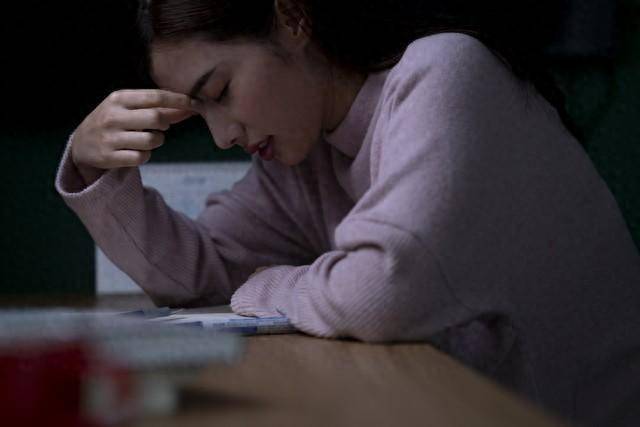What Is Phobia?
Phobia is a common mental disorder that often manifests as excessive, irrational, repetitive, or persistent fear and stress, making it difficult for people to lead a normal life. This issue may lead to children becoming tired of school, withdrawing, feeling discouraged, having difficulty adapting to challenges and urgent needs in daily life. Generally, treating phobias requires long-term, patient psychotherapy to rebuild confidence and overcome inner fears.
Advantages of Psychotherapy
Compared to medication therapy, psychotherapy has significant advantages. It can help patients learn to resist inner fears and stress, build their own confidence and sense of security. During treatment, a 16-year-old child can receive professional guidance and support to reconstruct their thoughts and beliefs, get rid of negative thoughts and anxiety disturbances, and ultimately regain confidence and ability.
Cognitive Behavioral Therapy
Cognitive behavioral therapy is a commonly used psychotherapeutic approach aimed primarily at the root of psychological problems. During treatment, children will learn how to change their way of thinking to fundamentally improve their thoughts and beliefs. Typically, treatment will help children understand how inner fears and anxiety are generated and how to control emotions. Children will also learn various strategies to overcome inner fears, such as deep breathing, relaxation training, imagination exercises, and more. These methods are often effective and can help children establish a rational cognitive system, quickly freeing themselves from inner fears.
Exploring More Treatment Options
When children are not very willing to face their fears, it is necessary to seek scientific, reasonable, and safe treatment methods. There are many different treatment options for different phobic symptoms. Some common techniques include systematic exposure, participative negotiating therapy, and counselling, among others. Staff will explore all suitable options together to support children’s self-growth and restore confidence.
Skills Exercise and Practice
Mastering life and psychological skills is crucial for overcoming phobias. Children can strengthen their self-management skills, improve their ability to withstand pressure through practice. Common skills include emotional recognition and management, positive thinking, coping ability, good communication skills, and more. Mental health professionals will guide children in practicing these skills, establishing a positive, healthy life attitude to overcome inner fears.
Phobias may hinder children’s growth and development, affecting their quality of life and confidence. With the help of psychotherapy, children can learn to better control their thoughts and emotions to cope with the pressures and challenges of life. Remember, their recovery requires rebuilding confidence, relearning self-management, and overcoming inner fears. Through multiple or even repeated experiences of psychotherapy, children’s treatment can be customized and continuously adjusted to provide them with the deepest support.


